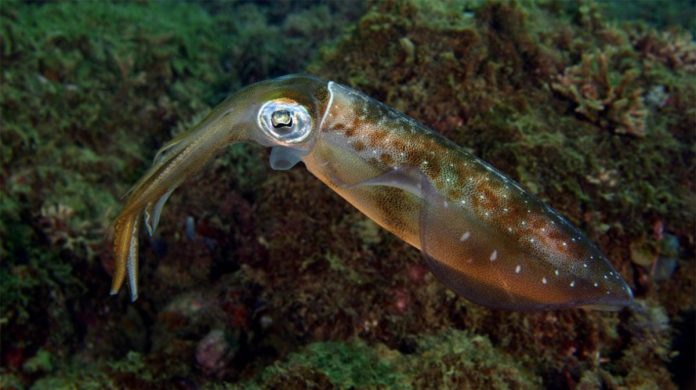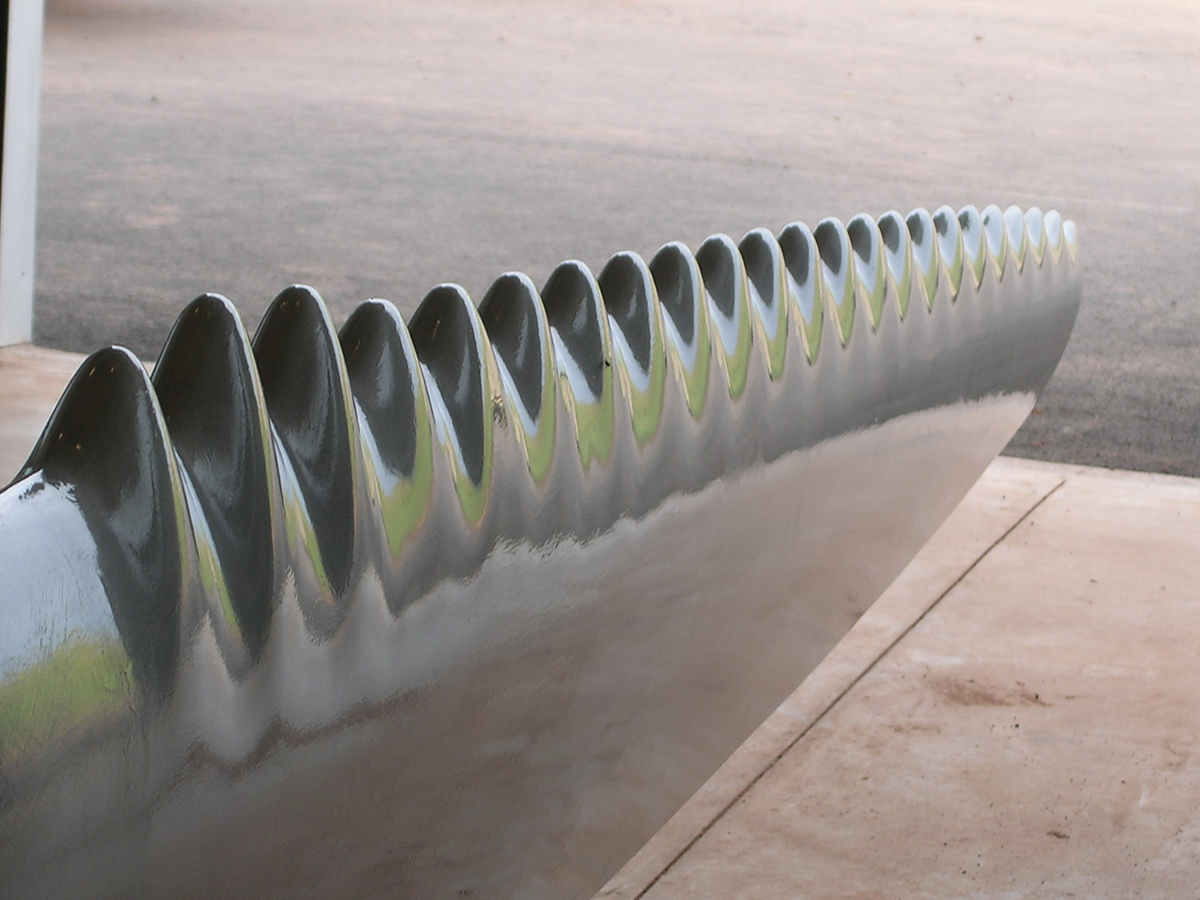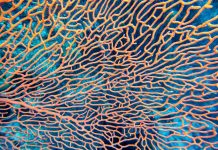
To address modern-day sustainability challenges, the EMBRC-ERIC was established to bridge the gap between marine biological research and innovation
Marine systems are essential to life on Earth. Oceans control our planet’s climate and provide a rich and largely unexplored reservoir of biodiversity. Yet, as a result of the continued growth of human populations and the associated increasing demand for energy and resources, there is a pressing need to develop sustainable solutions to maintain functioning of marine ecosystems and the planet as a whole.
By bringing together a consortium of European marine research facilities across several countries, the European Marine Biological Resource Centre (EMBRC-ERIC) enables access to marine biodiversity on a continental scale, as well as the associated research tools, facilities and expertise.
As such, the research infrastructure delivers a mechanism for the provision of large scale and high-quality marine science, thereby providing a platform for innovation which, in turn, could have a direct impact on our planet’s sustainability.
The potential for innovation is particularly high in the marine realm due to the biodiversity that is yet to be discovered and the wide range of recent novel technologies and concepts that stem from marine ecosystems. One particularly topical example is that of plastics, a product which is derived from non-renewable materials, takes hundreds of years to decompose, is detrimental to animal life and is making its way into the food chain.

Image: © WhalePowerCorporation
Given our dependence on plastic for everything from food packaging to automotive components, innovators are seeking alternative materials and, thanks to the marine environment, biodegradable, seaweed-based straws, packaging and water pouches are now making their way onto the market.
Innovative, marine-based products are also advancing scientific research in other fields of science. In cellular science, collagen used in cell culturing procedures historically came from terrestrial mammals such as pigs and cows, which brought with it a risk of disease as well as a number of environmental issues. Today, jellyfish collagen is being commercialised. Not only is this marine collagen source abundant due to proliferating jellyfish populations, it is also safer. Another marine-inspired innovative material is Squid Ring Teeth (SRT) protein. Researchers recently discovered that this protein can be used to coat textiles to prevent garments from wearing, thereby increasing the longevity of clothing and thus reducing the consumption of clothes that shed microfibers that entering the oceans. Originally isolated from squid suckers, SRT is now produced in the laboratory using genetically modified bacteria, eliminating the need to maintain these relatively fragile, migratory marine animals.
Marine models have also led to design innovations through biomimicry, the development of structures based on forms observed in nature. For example, the shape and angle of humpback whale flippers have inspired prototype wind turbine blades which are not only more efficient, but also spin at lower wind speeds. The swaying movements of kelp have inspired novel subsurface structures which move with passing waves and currents and thereby generate electrical energy.
These few examples demonstrate how the marine realm can inspire innovation across diverse fields, from cellular science to the fashion industry, and also affirms the marine environment as a leading innovative influence and a source of innovative products. The resulting products have the potential to reduce our impact on our planet through the use of biodegradable and less-polluting products, lessen our reliance on non-renewal resources, increasing the efficiency of existing systems, and thereby improve worldwide sustainability.
Further innovation will be facilitated by research infrastructures such as EMBRC-ERIC, as access to organisms, equipment and expertise are an essential part of developing new products. Furthermore, the increasing number of innovations originating from marine ecosystems reflects how much is yet to be discovered.
Please note: This is a commercial profile
Sidonie Gras
Scientific Officer and Project Manager
Tel: +33 144 277 266
Nicolas Pade
Executive Director
Tel: +33 144 278 115
EMBRC-ERIC (European Marine Biological Resource Centre)










